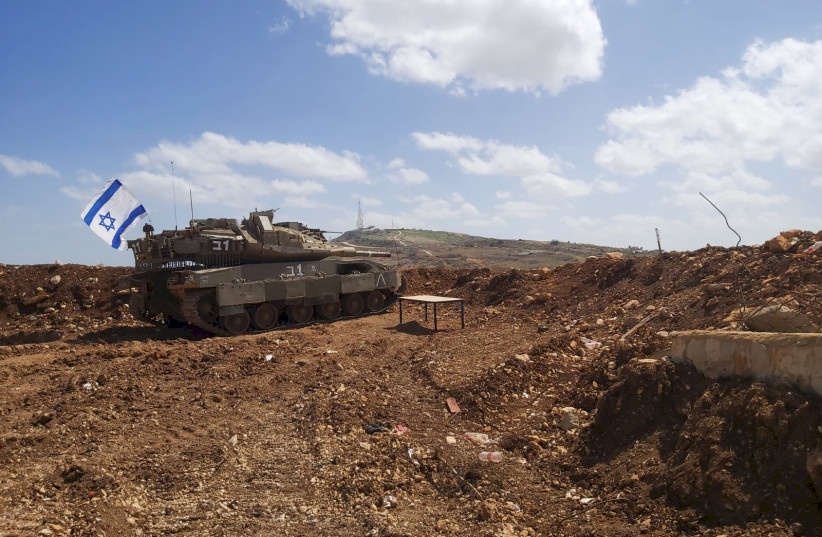
Amnesty International: Israel's Practices in Southern Lebanon Call for Urgent Investigation
SadaNews - Amnesty International stated that "the Israeli army has conducted widespread and deliberate destruction of villages and civilian properties in southern Lebanon during its recent war with Hezbollah," considering that these practices may amount to war crimes and require an urgent investigation.
The organization clarified in a report published on Tuesday that it had documented damage or destruction of more than 10,000 civilian and agricultural facilities between October 2024 and January 2025, noting that the majority of this destruction occurred after the ceasefire agreement came into effect.
The agreement stipulated Hezbollah's withdrawal from south of the Litani River and the dismantling of its military structures, in exchange for Israel's withdrawal from the territories it advanced into during the war. However, Israeli forces maintained their presence in five strategic heights that Beirut demands to reclaim.
The investigation indicated that Israeli forces used hand-plant explosives and bulldozers to destroy homes, mosques, cemeteries, roads, playgrounds, and gardens in 24 border villages, including Kfar Kila, Maroun al-Ras, Adyssa, Aita el-Shab, and Dahira, making entire areas uninhabitable and destroying the lives of thousands of residents.
Amnesty International relied on satellite images and videos showing Israeli soldiers planting explosives inside homes and damaging civil infrastructure. In contrast, Israel claims its operations targeted sites belonging to Hezbollah.
The organization emphasized that the destruction of facilities occurred in many cases without any compelling military necessity, constituting a blatant violation of international humanitarian law.
Lebanon continues to face significant difficulties in launching the reconstruction process, while the World Bank estimated recovery needs last March at around $14 billion. Lebanese authorities are counting on external support, particularly from Gulf countries, to revive the economy and rebuild border villages.

International Calls to De-escalate and Warnings of Serious Consequences After Strikes on I...

Syria: 4 Killed in Suwayda Due to Iranian Missile Strike

Moscow: The Attack on Iran is Dangerous and May Lead to Catastrophe

Closure of Airspace and Interception of Iranian Missiles in Gulf States

Lebanon Rejects Involvement in Regional Conflicts

Jordanian Army Announces the Downing of Two Ballistic Missiles Targeting the Kingdom

Two Explosions Rock Jalalabad in Eastern Afghanistan... Pakistan Denies Its Fighter Jet Cr...

